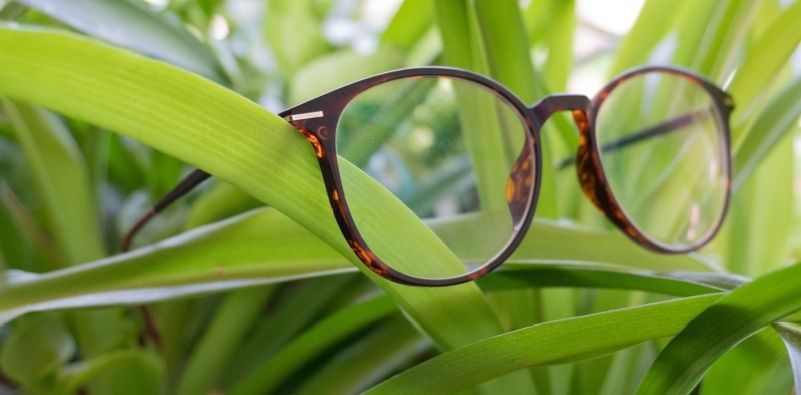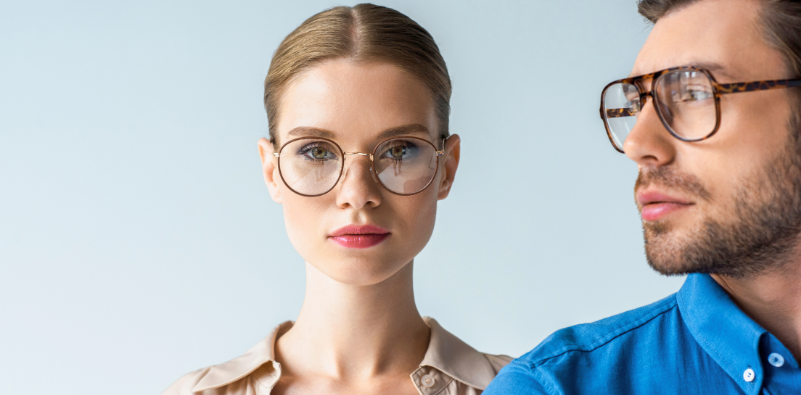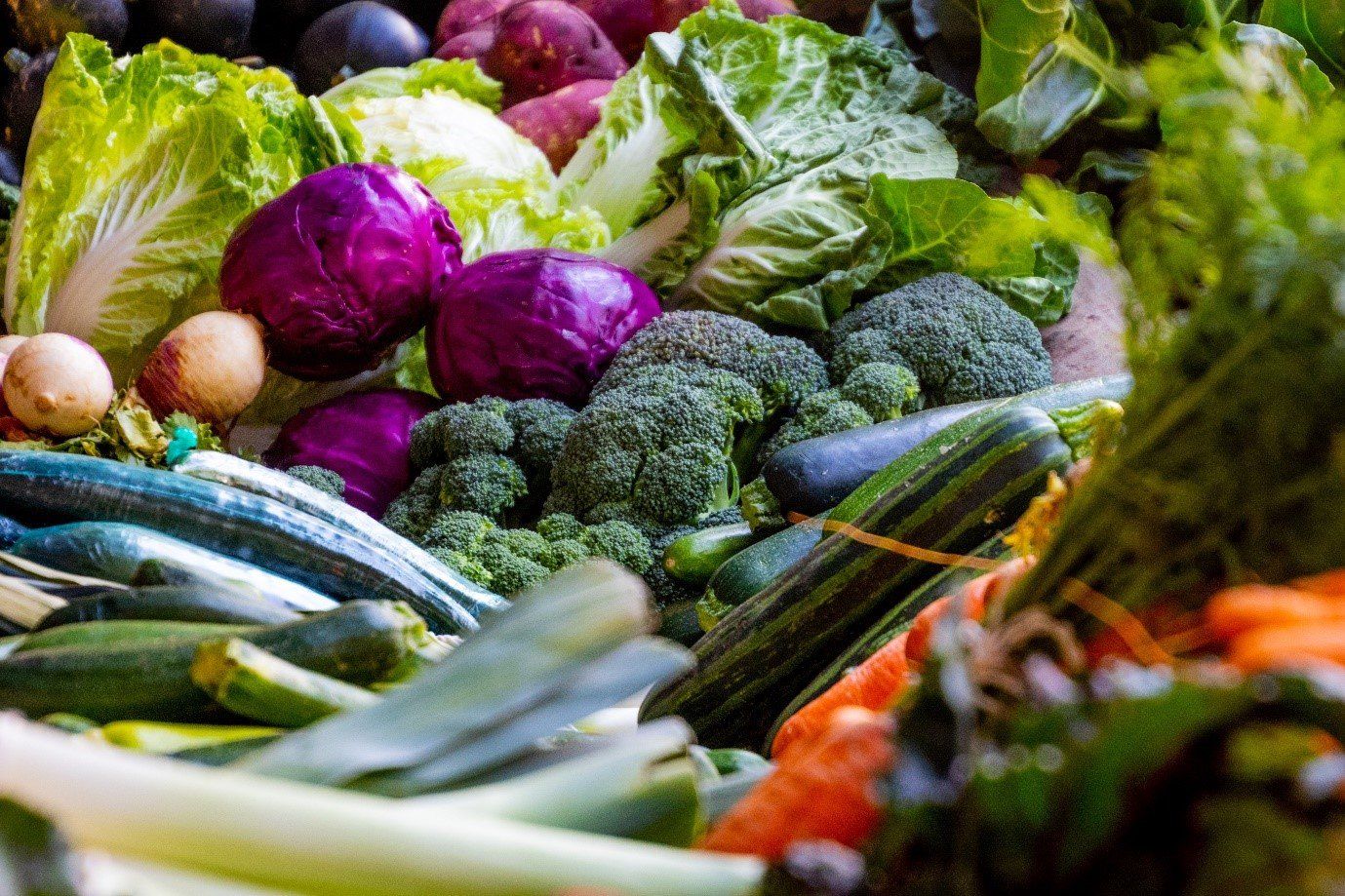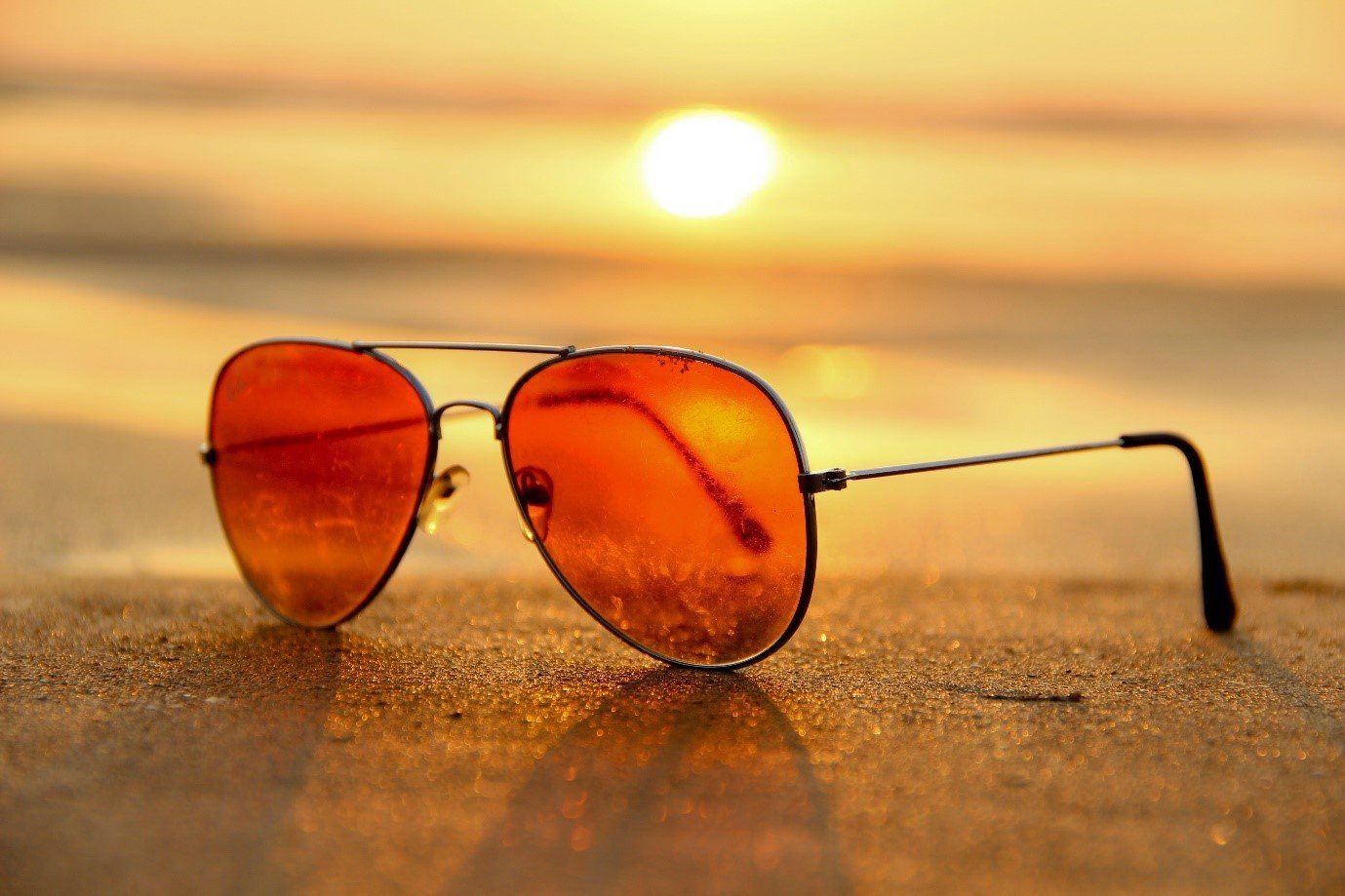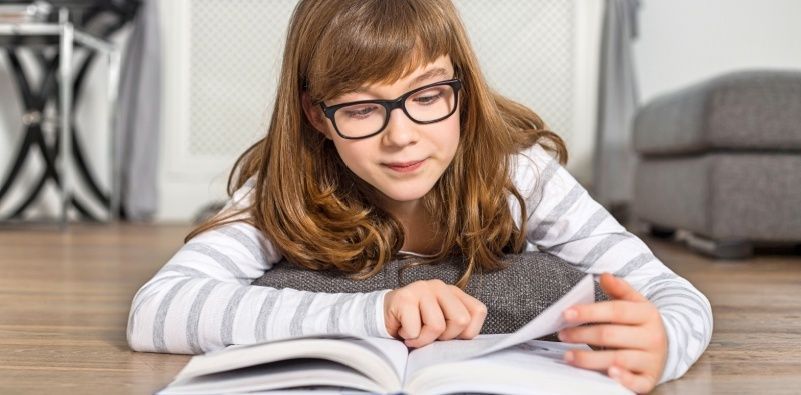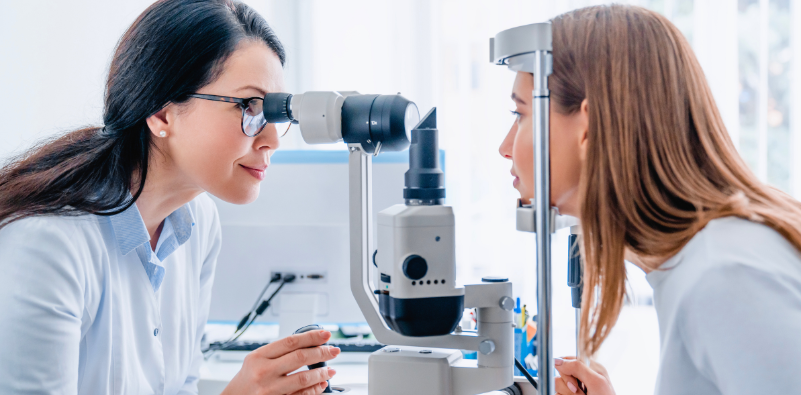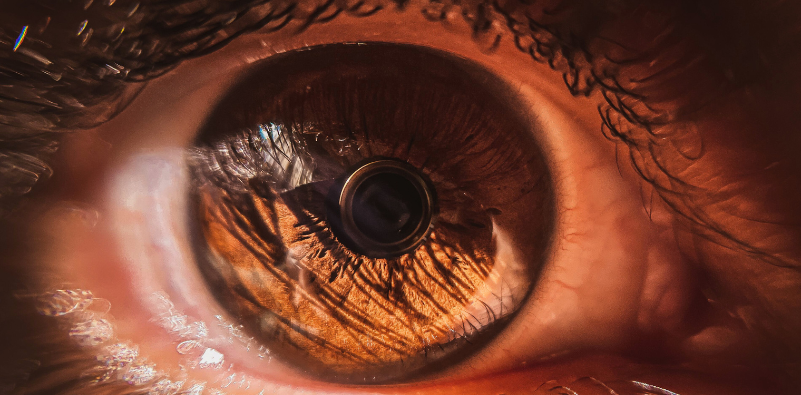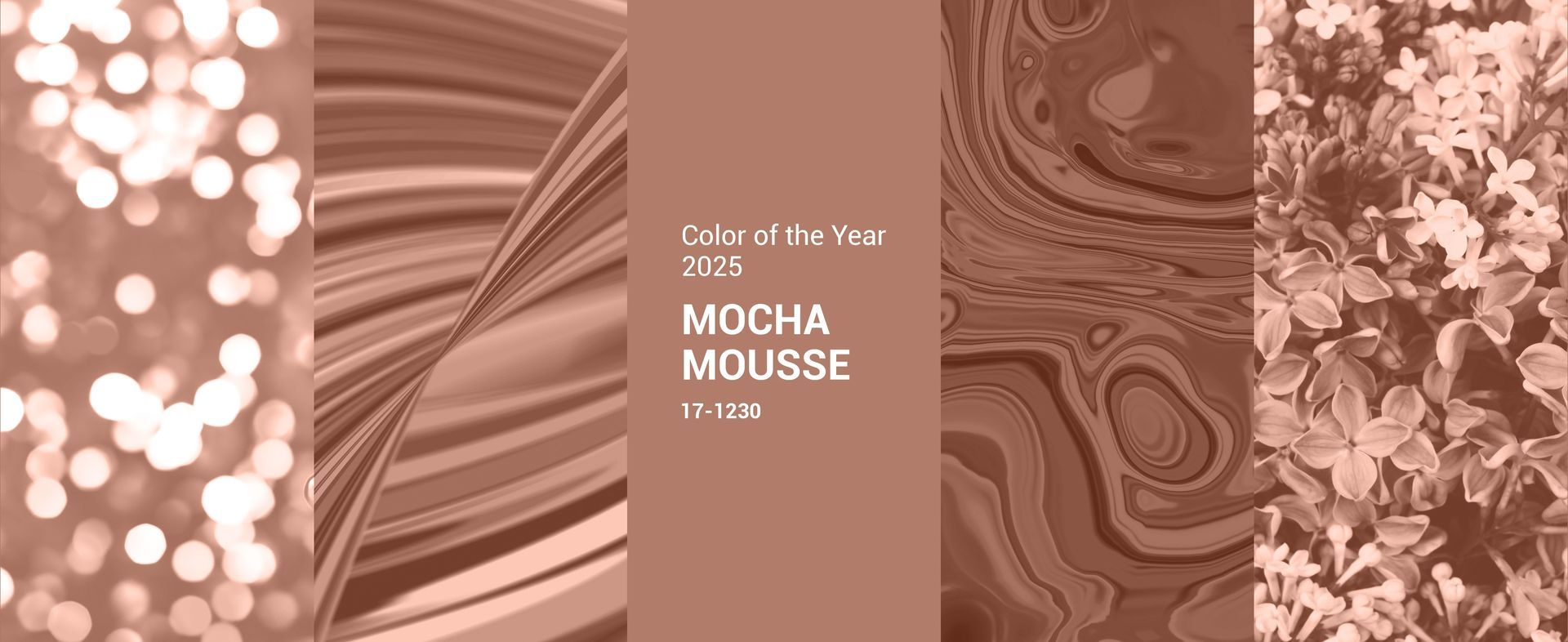Top Tips to Keep Your Family's Eyes Healthy
When everyone goes on a ‘health kick’ and wants to improve their wellbeing, you don’t usually think of eye health as a top priority. Exercise and healthy eating yes, but do you ever consider what else can help keep your eyes at their best? We’ve compiled some top tips to keep yours and your family’s eyes as healthy as possible.
Eat Healthily
We know this tops the list on every piece of advice about staying healthy, but that’s because it’s really that important! A healthy, balanced diet not only keeps your body in great condition but also reduces your risk of eye disease. Make sure you eat at least five portions of fruit and vegetables a day and try to include omega-3 fats, often found in oily fish and dark-green, leafy vegetables such as spinach and kale.
No Smoking
Most people know that smoking isn’t good for you but did you know it can also affect your eye health? Smoking regularly can significantly increase the risk of developing eye diseases such as cataracts, optic nerve damage and age-related macular degeneration. Giving up smoking can reduce these risks massively.
Regular Sight Tests
One of the best ways to keep your eyes healthy is having regular check-ups. The NHS recommends you get a sight test every 2 years. This enables an optometrist to check the inside and outside of your eyes, and see if there are any warning signs of eye conditions and other health conditions such as high blood pressure or diabetes.
Family’s Eye History
Being aware of your family’s eye health history can help make you aware of eye conditions you could possibly develop later in life. This will allow you to detect a condition before it becomes serious, especially as your optometrist can advise you on the best ways to avoid it and if the condition tends to be hereditary.
Sunglasses
This may sound obvious but protecting your eyes in the sun is one of the most important things you can do to maintain healthy eyes. They not only allow your vision to be improved but also protect your eyes from UV light. Make sure your glasses have both UVA and UVB protection to minimise all UV exposure. Polarised lenses have the added benefit of reducing glare; especially helpful when skiing, sailing or fishing.
Rest Your Eyes
Digital eye strain is a common problem amongst people today. Making sure you rest your eyes regularly after using a computer, tablet or smartphone can reduce the strain on your muscle eyes. The best thing to do is follow the 20/20/20 rule – every 20 minutes, look at something 20 feet away, for 20 seconds.
If you want to speak to one of our expert professionals about eye health or want to have a check-up of your own eye health, then make an appointment at your local branch today!
